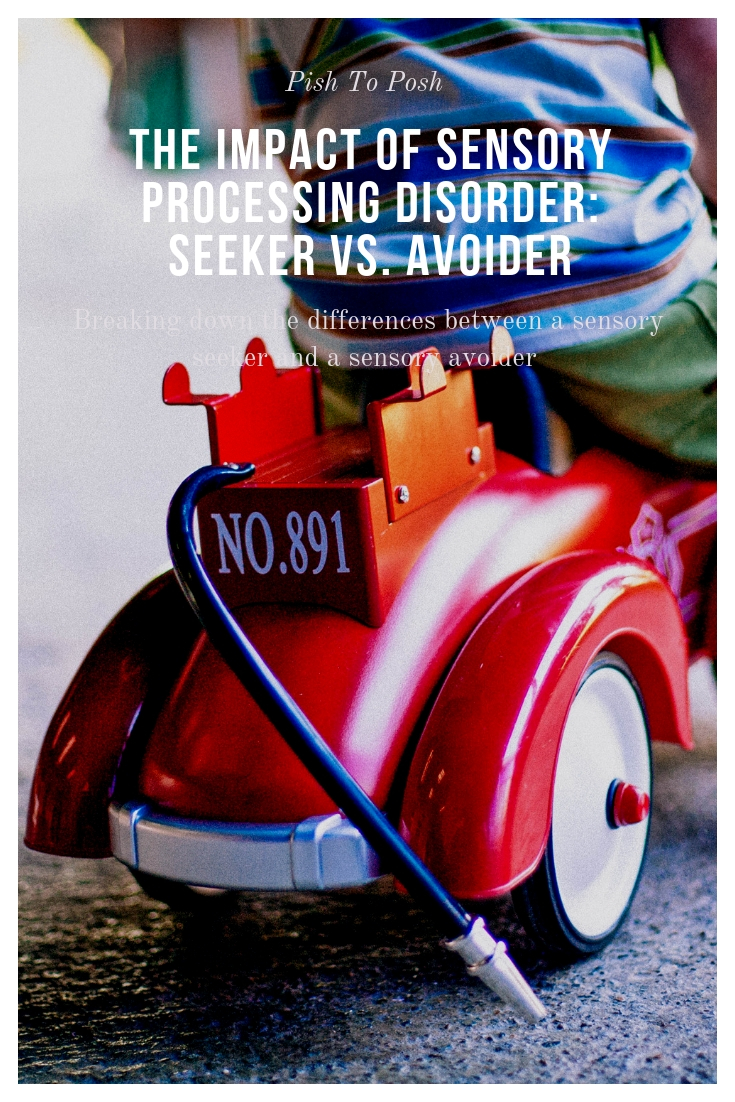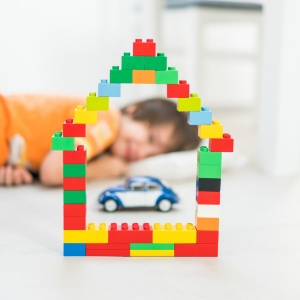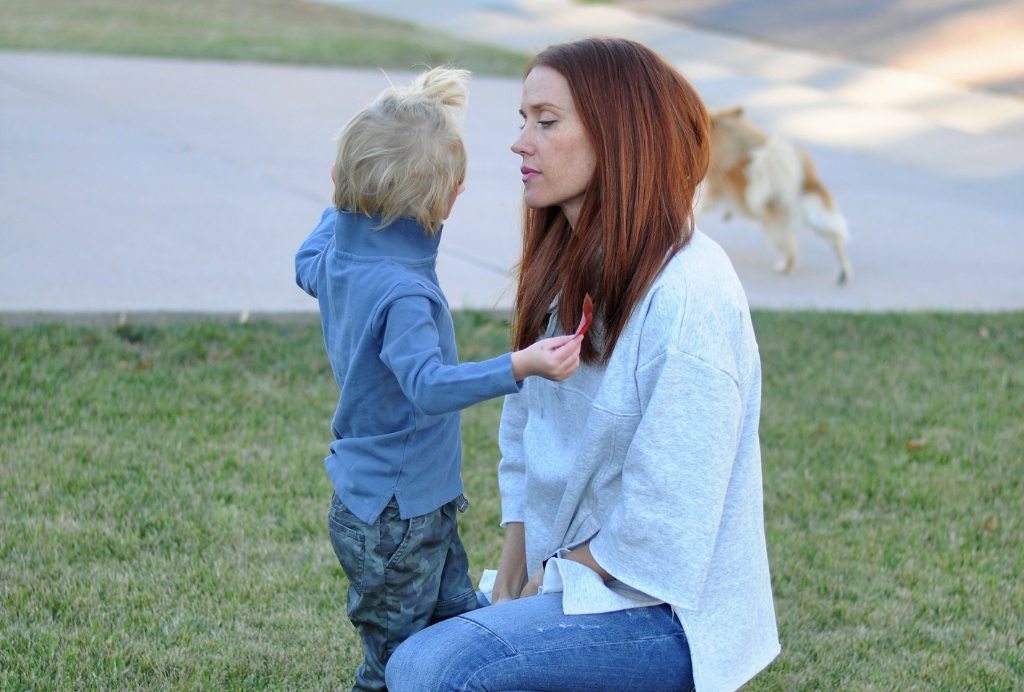Sensory Processing Disorder: The Impact
So, you are curious what the impact of your child’s sensory struggles may be. After reading about the SEVEN sense involved in SPD it’s time to chat more about the impact this has on your kiddo. As you have noticed sometimes you child me shy away from sensory experiences while others may seek them out. And it is perfectly normal that sometimes your child may seek out certain senses and then avoid others. This brings us to the impact.
There are two main ways sensory impacts our kiddos; either by seeking or by avoiding. Both have can be very difficult to navigate in sensory experiences. Both have significant impact on how we, as parents, learn to go about our days to best help and support our kiddos.
One thing to note in my last post Sensory Processing: The Seven Senses I mentioned this but wanted to reiterate: tactile, proprioceptive and vestibular are refereed to as “the big three”. If these three are not doing their jobs correctly the other senses are not able to function correctly.
So let’s explore the world of seekers and avoiders!

Seeker VS. Avoider
These are two terms you will hear a lot in the world of SPD. Many times parents, like myself, will reference the type of SPD kiddo (seeker or avoider) so that others have some context when talking.
THE SEEKER
For reference Declan is a seeker. A seeker is a sensory craver; they want sensory input, like to touch and feel, are constantly moving and typically have a hard time with personal space. Additionally they need an increased amount of input to their bodies (whether that be auditory, visual, tactile, vestibular or proprioceptive) to attend to anything because their bodies tend to not recognize sensory input (under-responsive). Seekers like to swing, spin, jump crash. They want loud music, bright lights and crunchy bold foods. When people think of sensory behavior this is not what they typically see; these kiddos are often defined or thought to just be a bit “active”. We know that to not be the case.
THE AVOIDER
On the contrary, an avoider needs less input, thrives in routines, does not enjoy new sensory experiences, can be anxious/avoid change and could be described as stubborn. Furthermore, they notice everything around them (over-responsive), they have very precise ideas about sensory interactions and are easily overwhelmed. They shy away from experience, or even have very strong reactions, to sensory environments where they feel threatened. At times the idea of someone touching them, or the sounds they hear or foods in their mouth can feel like a threat on their life… so they avoid. When people think of sensory behavior they most often thing of avoiders. We know this is just a small pieces of the puzzle.
REAL LIFE EXAMPLES:
Declan is under-responsive to touch and therefore seeks out tactile input. He rubs, caresses and touches everything in stores. When we go to any store he is feeling, touching, exploring all the different textures to the point where he is unable to respond to anything else.
My friends daughter is over-responsive to touch and therefore need way less input. When she brushes her hair she screams and yells and it feel like someone is ripping her hair out. Therefore she avoids it and is unable to correctly respond to the input she gets from a hair brush.
A friend of mines son is unable to pack his backpack for school. He can’t sequence the events in a logical manner to accomplish the task because his prioprioceptive system and body awareness needs more input.
Declan’s pallet craves flavor. Some of his favorite foods are lox, ginger kombucha and salsa. Additionally, as a seeker who needs input he is constantly putting non-food objects into his mouth. He seeks out ways to get input and pressure into his mouth.
WHAT’S NEXT?
Understanding is the impact sensory processing has on our kiddos: being an avoider or a seeker offers us great opportunity to support them. Being able to recognize how their senses are functioning and where they need more or less will help drive decisions we make for therapies and treatments. If the impact demonstrates your child is a seeker providing them with intense and frequent input is great! And if you have an avoider recognizing what situation cause her stress can be helpful in eliminating melt-downs.
With Love,


